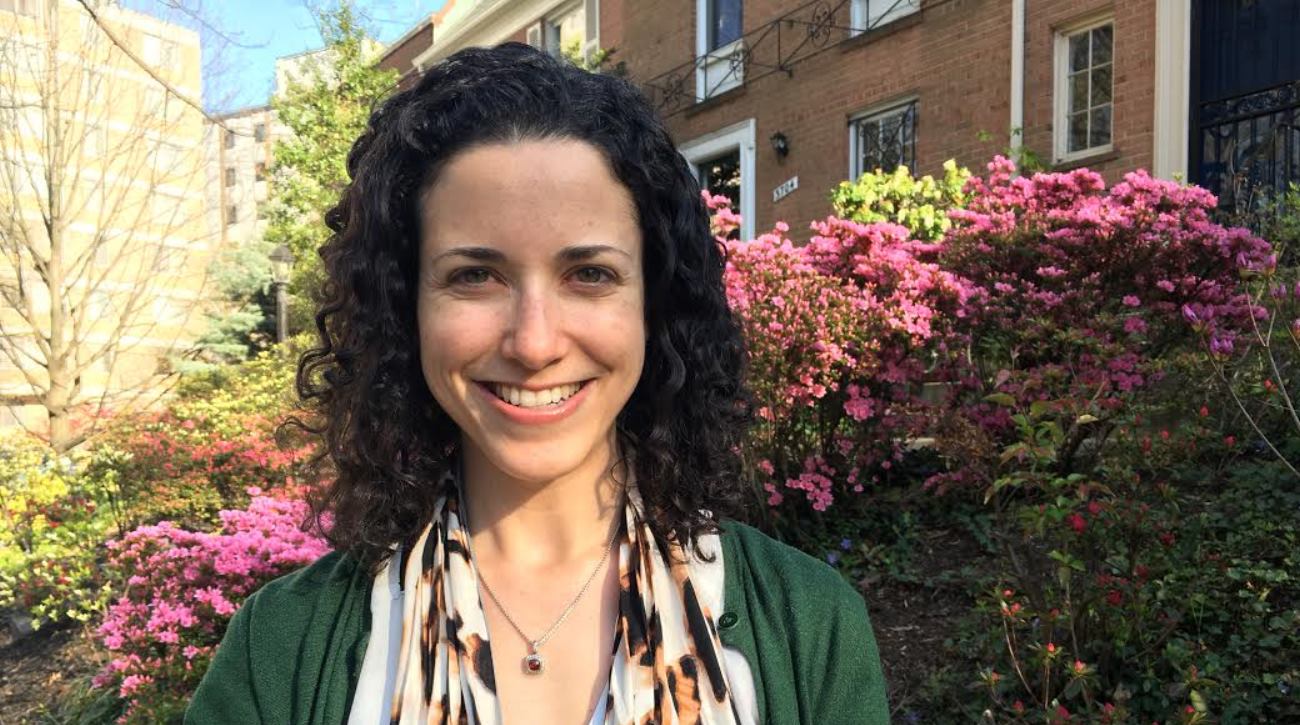Eat, drink or breathe in the modern world and you will encounter an environmental health issue. EOH’s Environmental & Occupational Health in a Sustainable World class (PUBH 6004) covers a wide band of topics to help students measure, understand risks, and put them into perspective. For the Spring II session of the course, Professorial Lecturer Susan Anenberg, PhD, bolsters the course with a tremendous scope of insights gained from ascertaining the environmental implications of issues ranging from solid fuel cookstoves to safety in the chemical industry. “I’m thrilled to be contributing to this excellent and innovative program,” said Anenberg. “Environmental health risks are all around us, and understanding their potential implications for public health can help us make more informed decisions.”
Anenberg is a co-founder and partner at Environmental Health Analytics, LLC. She is an expert in assessing the health benefits of mitigating air pollution and climate change. Dr. Anenberg was previously the deputy managing director for recommendations at the U.S. Chemical Safety Board, where she helped advance actions to prevent industrial accidents. She also worked in the U.S. EPA Office of Air Quality Planning and Standards, where she led air pollution health risk analyses for the recent Ozone National Ambient Air Quality Standards review and the Mercury and Air Toxics Standards. As a senior advisor at the U.S. State Department, Anenberg also advanced understanding of the health and climate benefits of mitigating short-lived climate pollutants and promoting clean cookstoves around the world.
Anenberg has published over 25 articles in top academic journals such as Science and Nature Climate Change and has led or contributed to 10 science-policy reports on air quality and climate change and five U.S. EPA air quality regulatory support documents. She has worked as a consultant for a variety of non-governmental and intergovernmental organizations, such as the Gold Standard Foundation, United Nations Environment Programme, and World Health Organization (WHO), among others.
To learn more, go to: www.envhealthanalytics.com


